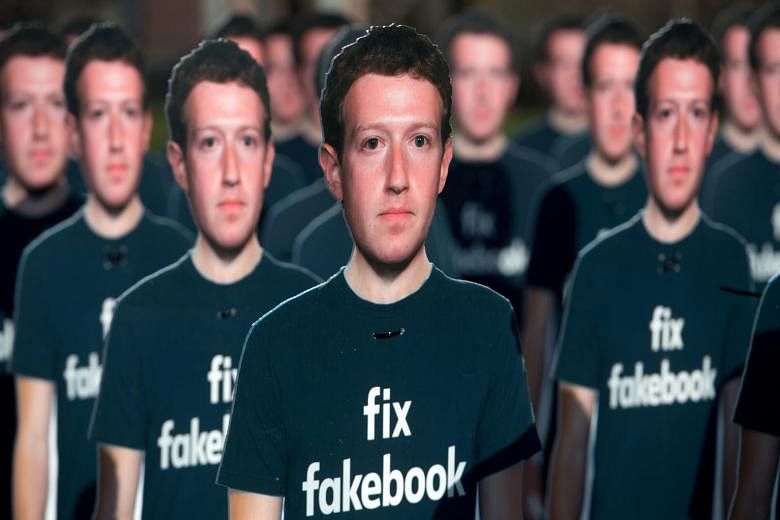One might suspect scientists of belabouring the obvious with the recent study called Belief In Fake News Is Associated With Delusionality, Dogmatism, Religious Fundamentalism, And Reduced Analytic Thinking.
The conclusion that some people are more gullible than others is the understanding in popular culture - but in the scientific world it's pitted against another widely believed paradigm, shaped by several counter-intuitive studies that indicate we're all equally biased, irrational and likely to fall for propaganda, sales pitches and general nonsense.
Already a subscriber? Log in
Read the full story and more at $9.90/month
Get exclusive reports and insights with more than 500 subscriber-only articles every month
ST One Digital
$9.90/month
No contract
ST app access on 1 mobile device
Unlock these benefits
All subscriber-only content on ST app and straitstimes.com
Easy access any time via ST app on 1 mobile device
E-paper with 2-week archive so you won't miss out on content that matters to you

